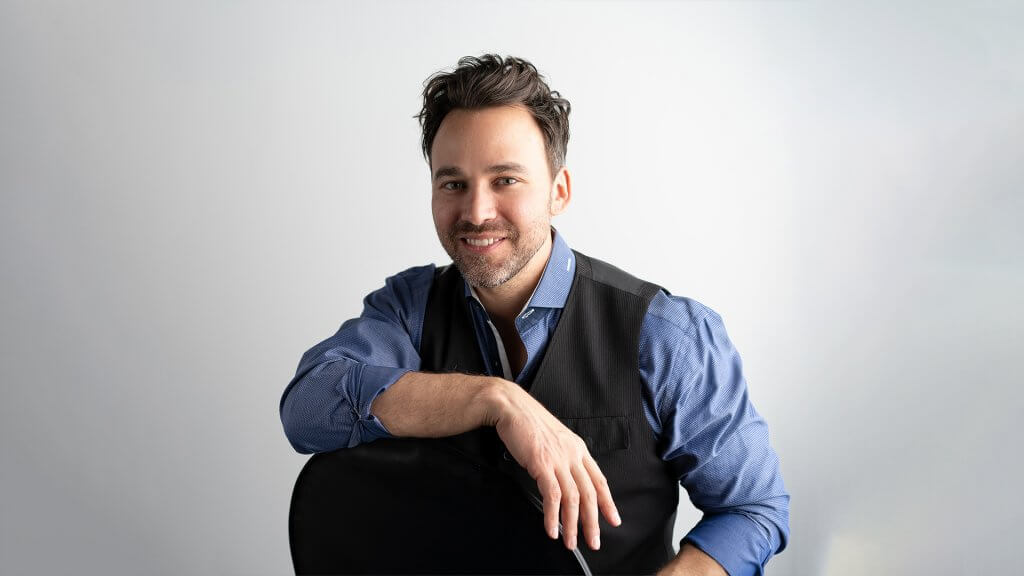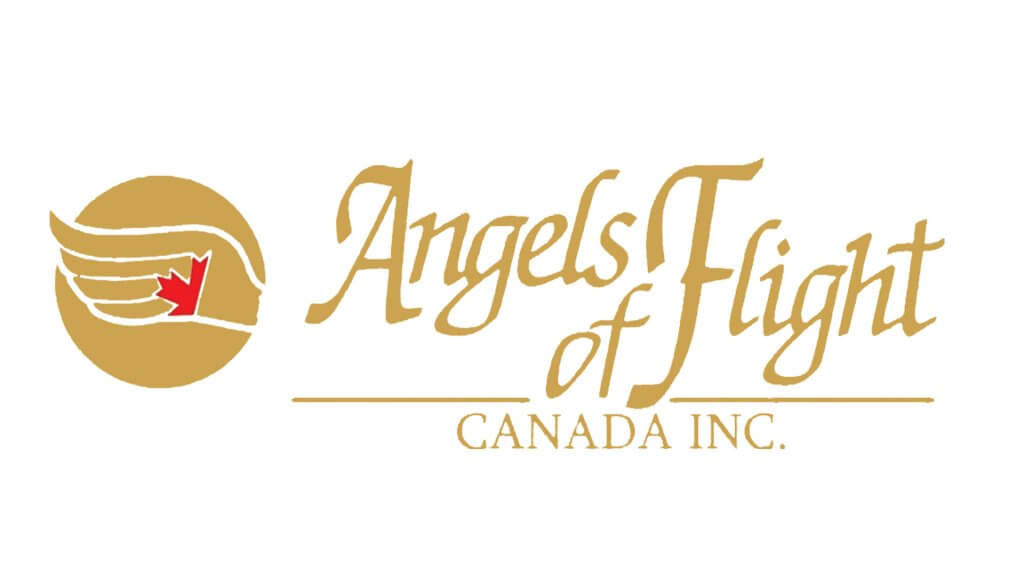
2016’s Ones to Watch in Anti-Corruption Due Diligence
Anti-corruption due diligence has become a mainstay in global M&A. Increased awareness of bribery and corruption issues and the rapid growth of international enforcement mean that most sophisticated buyers understand the need for pre-acquisition anti-corruption due diligence in order to manage critical regulatory, financial and reputational risks. Greg Wolski, Partner and CPA in Ernst & Young LLP’s Fraud Investigation and Dispute Services practice, reveals more.
If you open any newspaper, and it will become clear that the regulatory pressure for anti-corruption due diligence isn’t going away any time soon. Q1 2016 has already seen significant enforcement on the part of US regulators with one of the 10 largest FCPA enforcement cases to date against an international telecommunications provider, with a settlement in the US of $397.6 million and a similar settlement with Dutch prosecutors, bringing the total settlement to $795 million.
Moreover, there is an increasing trend of personal liability with the provisions outlined in the release of the Yates Memo in the US. Further, in the UK individuals have collectively been sentenced to more than 60 years in prison for bribery and corruption violations just in the last 4 years.
Beyond the regulatory requirements, acquirers are also under pressure from consumers, shareholders and investors to make responsible and ethical investment decisions. Many institutional investors, especially those with ties to the US, look for investment houses to have established strategies on tackling governance issues within the portfolio, including corruption, environmental and social considerations. Such pressure has undoubtedly contributed to the establishment of the UN Principles for Responsible Investment, which has nearly 1,500 signatories representing $60 trillion in assets.
With so much attention being paid to ethical behaviour and the steep penalties for regulatory breaches, it’s no surprise that acquirers continue to take anti-corruption due diligence seriously. However, in EY’s recently issued 14th Global Fraud Survey, 20% of respondents indicated that they do not identify third parties as part of their anticorruption due diligence, and one in three are not assessing country or industry specific risks before an investment. These results suggest that while anti-corruption due diligence is taking place, many companies are still falling short of leading practices and regulatory expectations. Now with the release of the Panama Papers and the ensuing revelations about potential hidden corporate ownership structures, both regulators and the public alike will be pushing buyers to not only scrutinise companies and public officials for signs of corruption, but also for any signs of tax evasion, money laundering and financial crime. If buyers were falling short of due diligence expectations before, an evener broader scope of risk considerations is bound to challenge anyone looking to invest in an increasingly dynamic and global environment.
To tackle the question of how far to take due diligence, many of our clients take a risk-based and phased approach. We’re seeing an increased number of buyers undertaking bespoke market entry intelligence in the early stages of the deal, which considers geopolitical and socioeconomic issues in addition to vetting key market players and potential targets. This early identification of risk not only helps buyers understand the impact of any identified risk factors, but also focuses future diligence efforts and helps to develop a mitigation strategy early on.
Once the deal moves into the traditional due diligence phase, more focused due diligence can take place whereby the target, management and key third parties can be vetted within the context of the risk environment identified in the early stages of the deal. Even this stage of the due diligence can be phased to facilitate the most efficient process. Anything identified in these pre-close settings is crucial to meeting regulatory requirements, but equally important is the follow-up on any identified risks through a post-close confirmatory diligence exercise. Immediately after closing, the access to information and management means that any issues identified can be thoroughly reviewed and adequate compliance frameworks can start to be established.
At EY, we work with corporate and private equity investors who often operate across multiple jurisdictions and in higher risk markets. They may invest in regulated industries or sectors where contact with public officials is a regular aspect of business, and they are often concerned about understanding the regulatory risks and assessing how to manage those risks while achieving growth.
To address these concerns, our clients often engage a range of experienced advisors to help them understand the full exposure to risk of a contemplated transaction. Every aspect of a business’s operations needs to be considered. This means companies often retain forensic accountants to work alongside legal advisors to gain a robust understanding of how business activities and gaps in compliance frameworks translate into regulatory, financial, and reputational risk at an operational level. Further, regulatory statements such as the US Department of Justice’s Halliburton Opinion suggest that regulators have come to expect anti-corruption due diligence that includes forensic accounting expertise. This accounting expertise is invaluable to understanding if a more enhanced phase of due diligence or post-close work is required, including financial record analysis and transaction testing.
In the current environment, M&A activity brings a host of concerns that take us beyond simply considering bribery and corruption risk. The completion of targeted pre- and post-close due diligence can help investors understand their exposure to regulatory action, financial loss or damage to their reputation. Further, and perhaps more importantly, considering the reputational risks early in the deal means that acquirers can take a risk-based approach to their due diligence, making sure that the breadth and depth of their review prevents any post-close surprises.
Name: Gregory E. Wolski
Company: EY
Email: [email protected]
Web: www.ey.com/us/fids
Phone: 1 312 879 3383





















